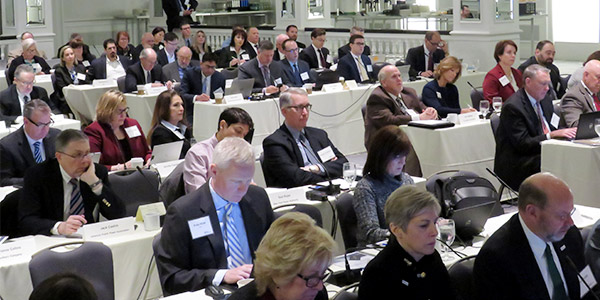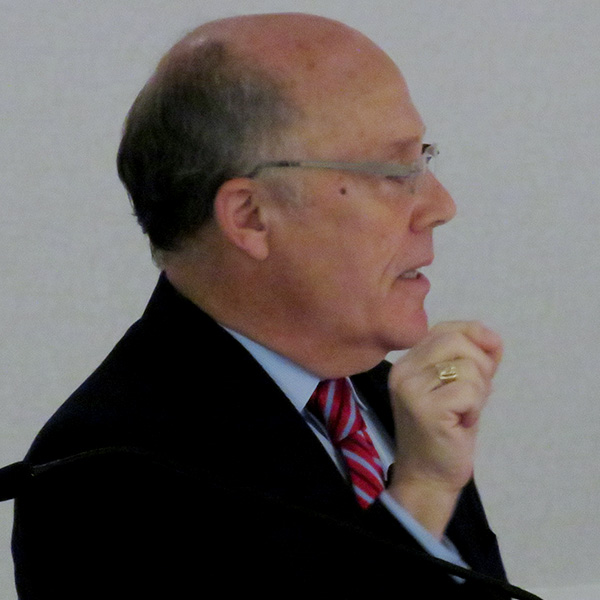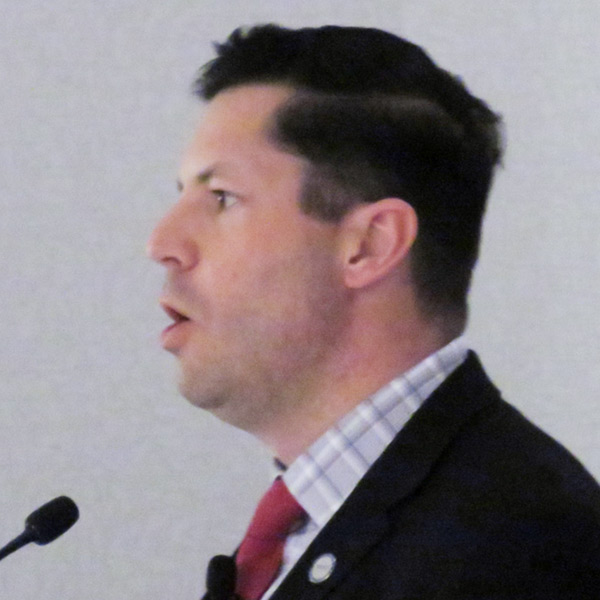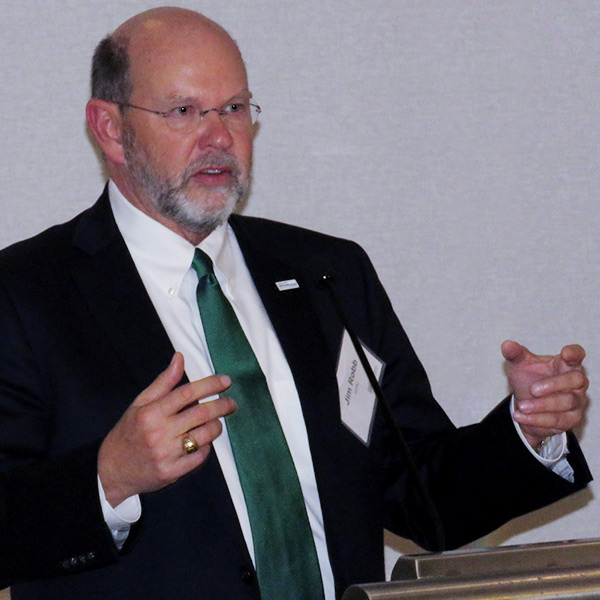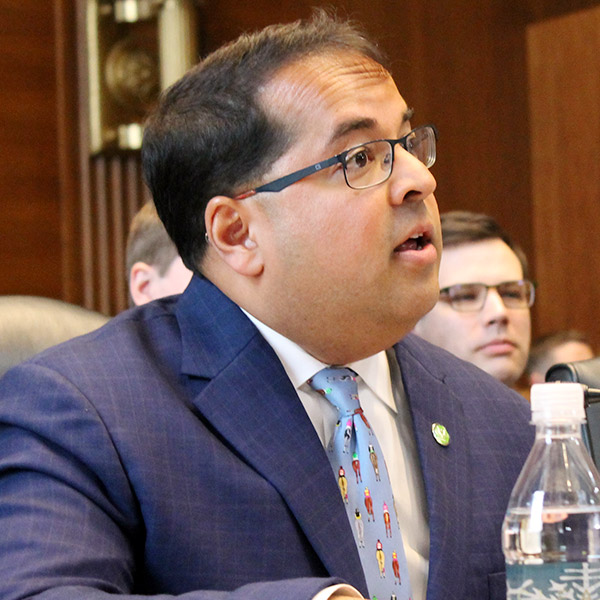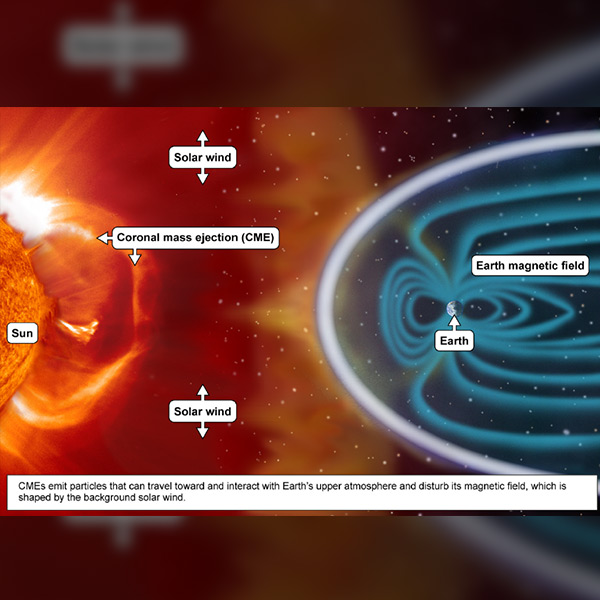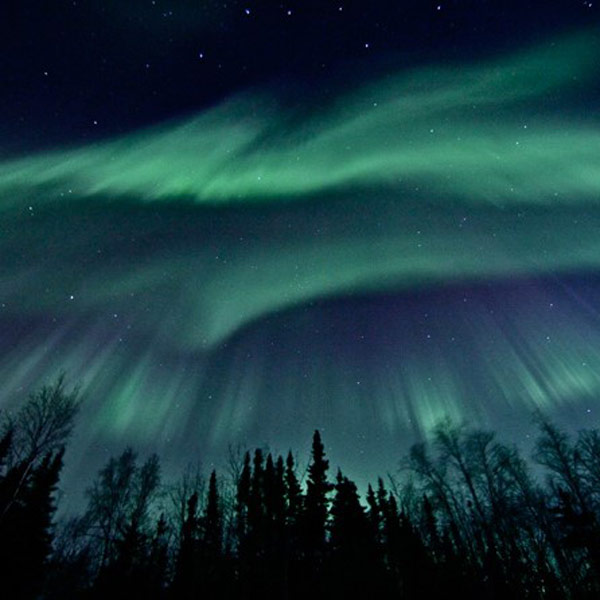FERC & Federal
The Federal Energy Regulatory Commission is an independent regulatory agency that oversees the transmission of electricity, natural gas and oil in interstate commerce, as well as regulating hydroelectric dams and natural gas facilities.
Speakers at NERC’s biennial Reliability Leadership Summit talked about the impact of the new U.S. resource mix and distributed generation on the grid.
Physicist Mark P. Mills gave the NERC Reliability Leadership Summit a blistering critique, saying a rapid shift from hydrocarbons is delusional.
Brian Harrell, assistant director for the Department of Homeland Security, lamented the government’s tardy response to the security threat of drones.
NERC CEO Jim Robb said he sees no “appetite” among policymakers for expanding the organization’s authority despite concerns over the visibility of distributed energy resources.
Members of the Senate Energy and Natural Resources Committee are worried FERC and NERC are not treating the threat of cyberattacks with enough urgency.
The Counteflow columnist takes a look back at four years of his "scribblings" to see what he got right, what he got wrong, and what’s happened since.
A GAO report on geomagnetic disturbances found a lack of consensus on how much of a risk they pose to the U.S. electric grid.
FERC denied SPP’s request for waivers from regulations guiding the confidential information in its explanation of how it allocated costs related to a fine.
FERC approved NERC’s revised GMD reliability standard, which broadens requires grid operators to collect certain data and imposes deadlines for corrective actions.
FERC Commissioner Cheryl LaFleur and several stakeholders expressed concern Tuesday that “fuel war” partisans could weaponize NERC’s coming analysis on the impact of a dramatic increase in coal and nuclear plant retirements.
Want more? Advanced Search
